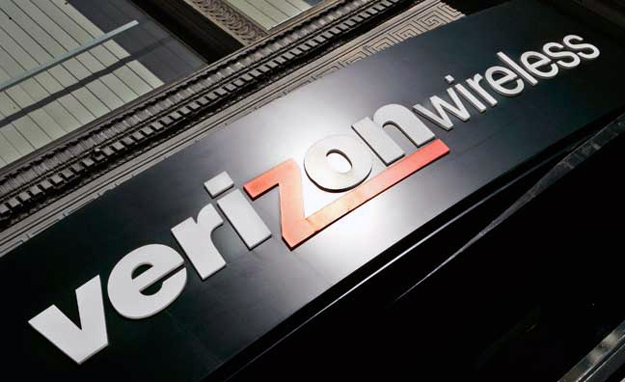Remember that classic Simpsons episode where Homer got tossed out of the “all-you-can-eat” seafood restaurant because he ate its entire supply of shrimp and two plastic lobster decorations? Well that’s the sort of situation that Verizon is claiming its in with some of its customers who subscribe to its nominally unlimited data plans.
In a new blog post on Wednesday, Verizon said that it had decided to throttle some of its customers who have unlimited data plans because they were apparently causing congestion issues on its network.
“What we announced last week was a highly targeted and very limited network optimization effort, only targeting cell sites experiencing high demand,” the carrier explained. “The purpose is to ensure there is capacity for everyone in those limited circumstances, and that high users don’t limit capacity for others.”
Verizon’s statement comes in response to a letter written to the company by Federal Communications Commission chairman Tom Wheeler, who said that he was “deeply troubled” by Verizon’s plans to slow down connection speeds for LTE subscribers who still have grandfathered unlimited data plans.
“‘Reasonable network management’ concerns the technical management of your network; it is not a loophole designed to enhance your revenue streams,” Wheeler wrote. “It is disturbing to me that Verizon Wireless would base its ‘network management’ on distinctions among its customers’ data plans, rather than network architecture or technology.”
Verizon has promised that it will offer Wheeler a more detailed response later on Thursday after it has fully reviewed his letter.






